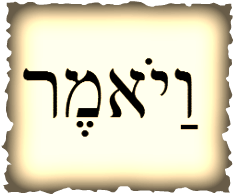
Whole word, also known as "Sight Word" and "Look and Say", teaches reading skills and strategies in the context of authentic literature. Word recognition accuracy is considered less important than meaning accuracy; therefore, there is an emphasis on comprehension as the ultimate goal.
Students in this method memorize the appearance of words, or learn to recognize words by looking at the first and last letter from rigidly selected vocabularies in progressive texts (such as The Cat in the Hat). Often preliminary results show children taught with this method have higher reading levels than children learning phonics, because they learn to automatically recognise a small selection of words. However later tests demonstrate that literacy development becomes stunted when hit with longer and more complex words later.
That said, does anyone teach "Sight Words" in Lashon Kodesh? What have your results been? Do you feel this is worthwhile? What about with boys who are having difficulty with Kriah?
C. Klien
 RSS Feed
RSS Feed